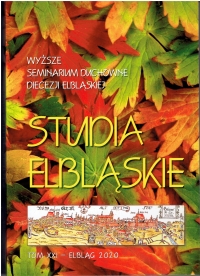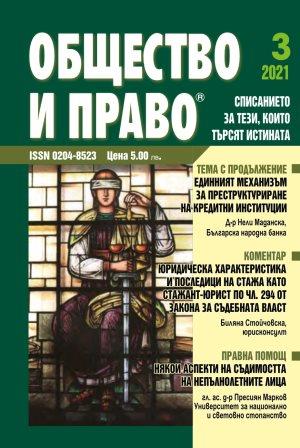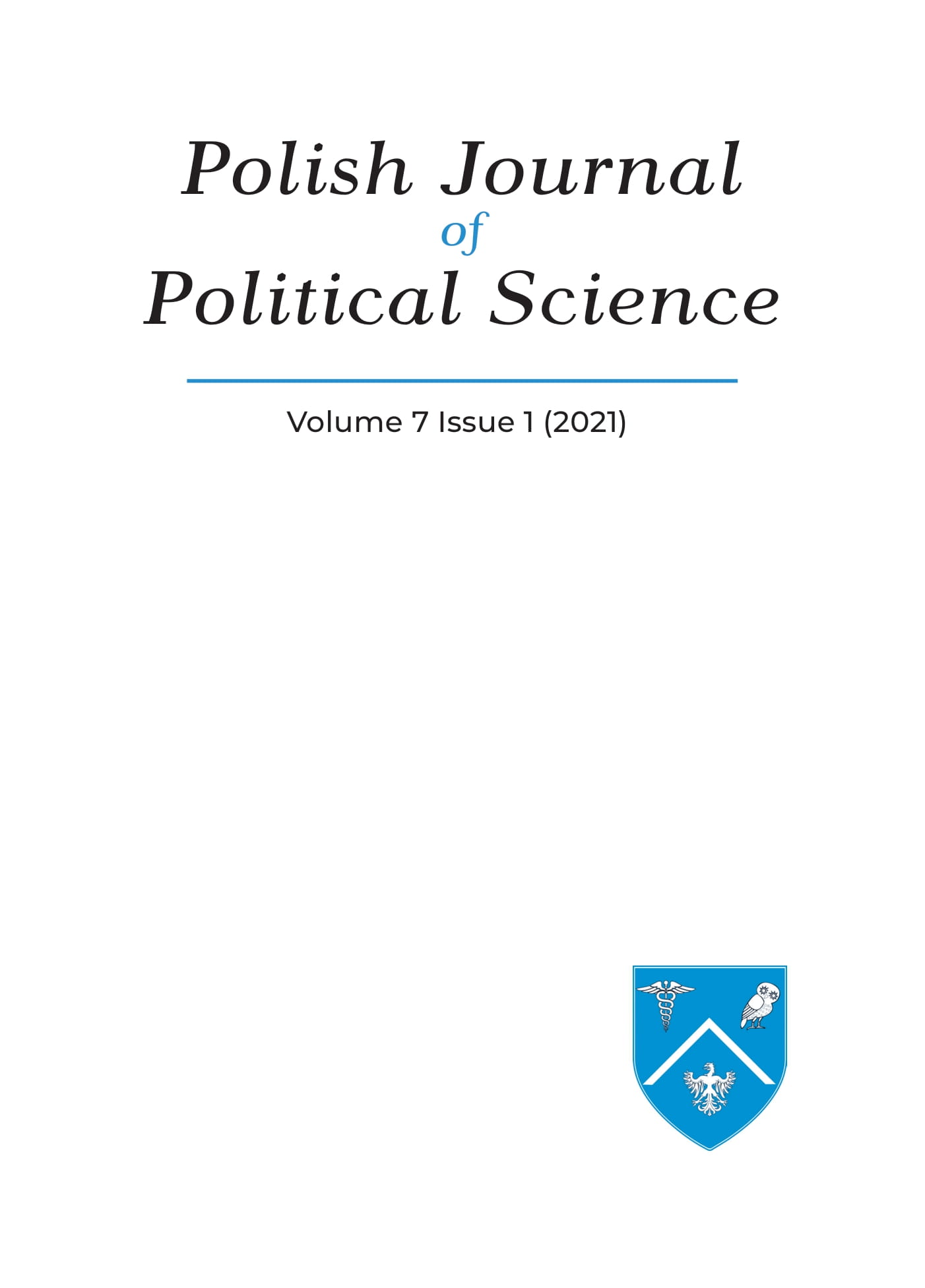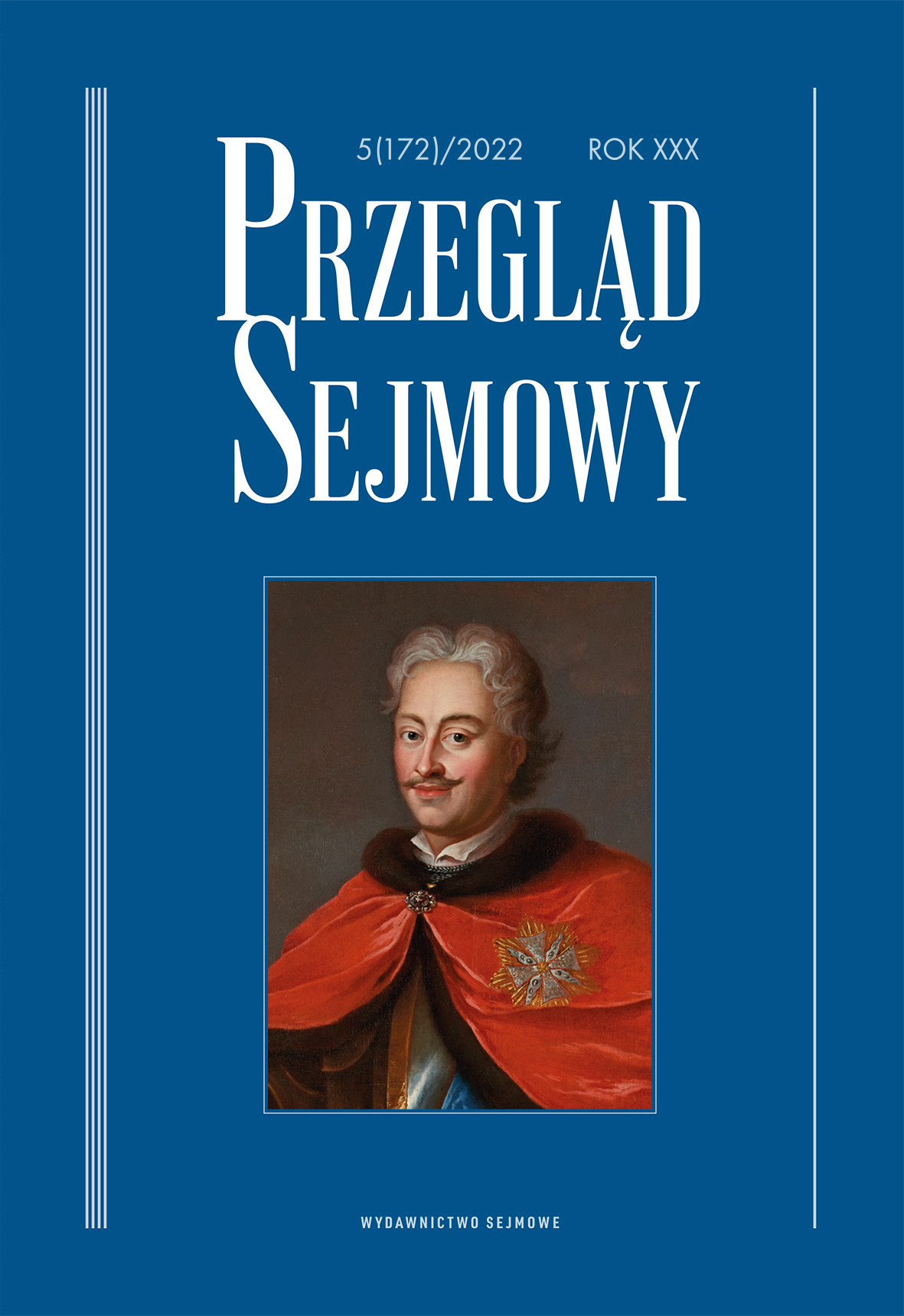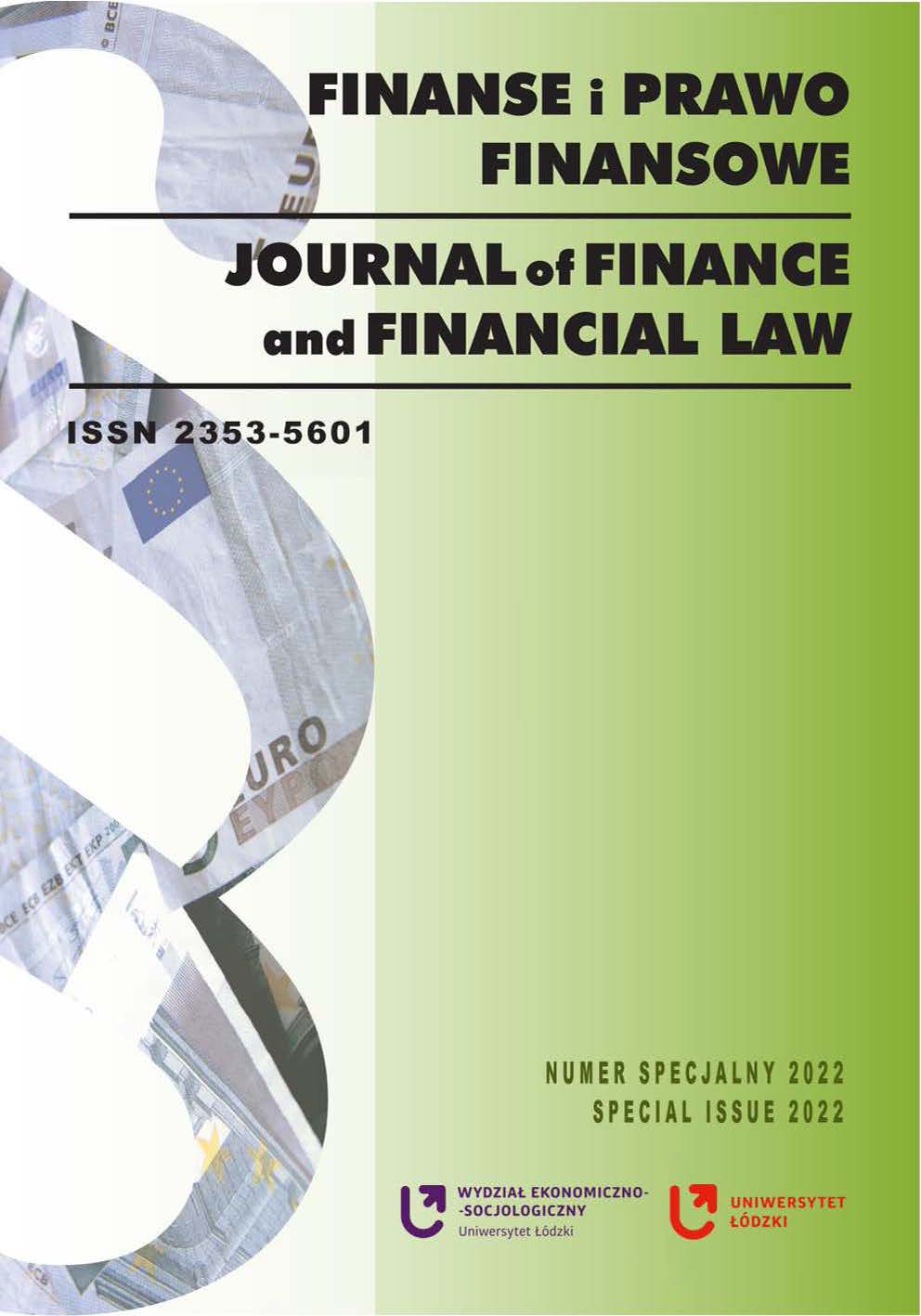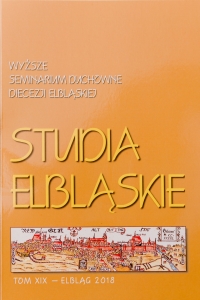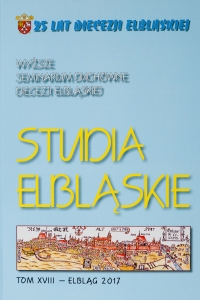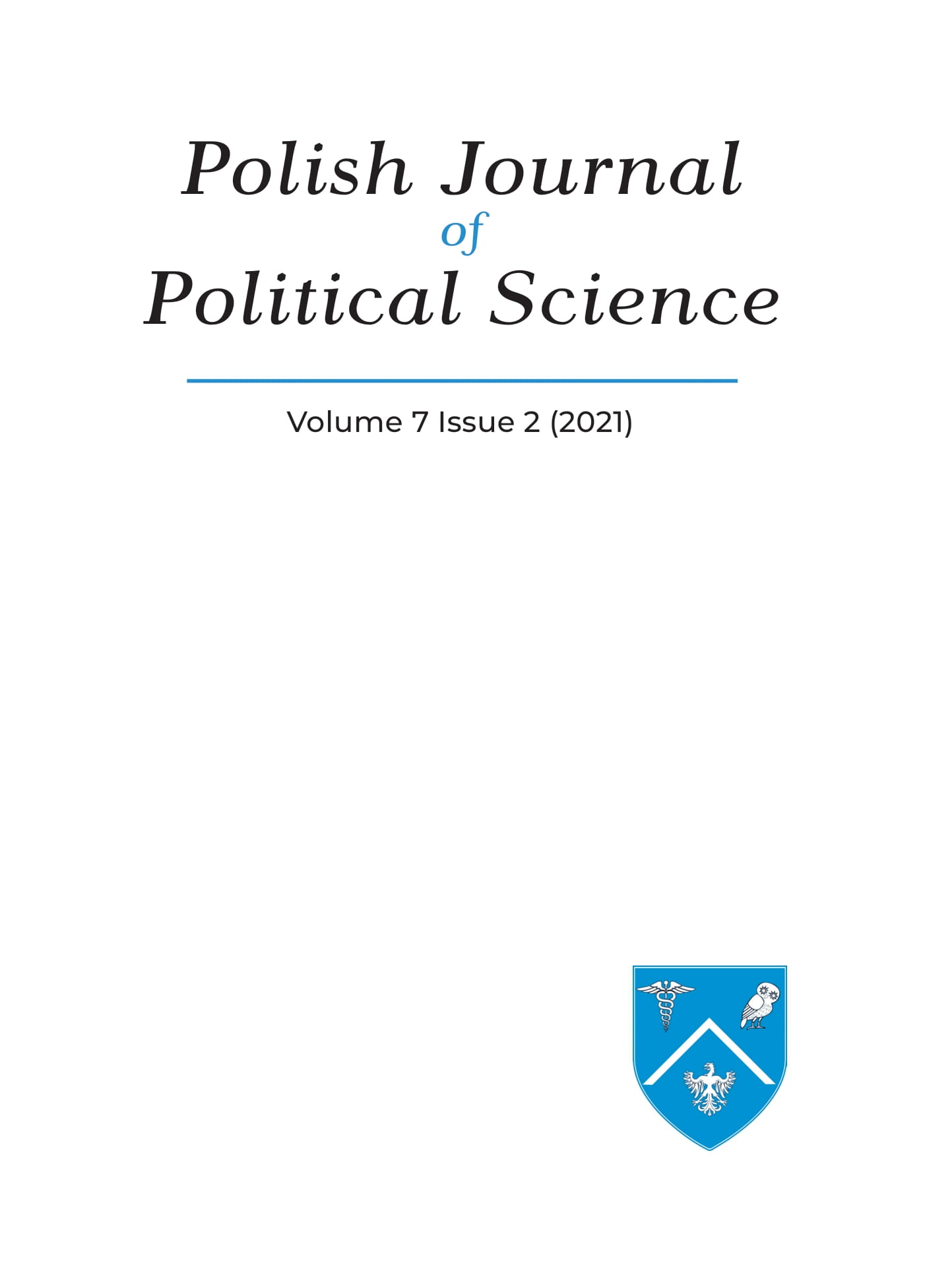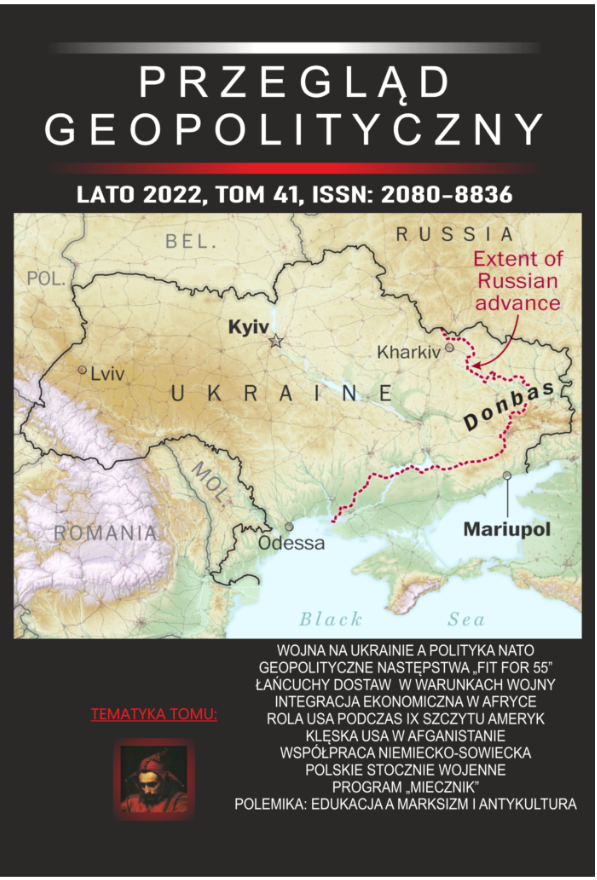
Postulaty de lege ferenda do nowelizacji konstytucji apostolskiej Vos estis lux mundi
On June 1, 2019, the apostolic constitution motu proprio of Pope Francis Vos estis lux mundi entered into force, which deals with the method of submitting notifications about broadly understood sexual crimes and regulates the responsibility of church superiors for acts consisting in actions or omissions aimed at disrupting or avoiding civil or canonical investigations against their subordinates, members of religious institutes and societies of apostolic life for crimes contra sextum committed against minors and their equated persons. These norms have been issued ad experimentum for a period of three years, and on this basis, in the territory of Poland alone, several church superiors have been punished so far. Currently, the Holy See has asked for comments to be submitted before a possible amendment to the act. In response to this call, this article presents possible directions for change. It’s concern the unification of material norms regarding clerical sexual offenses in all church legislation, clarification of procedural norms, especially when it comes to the right of the accused to defense, as well as changing the method of conducting preliminary investigations and introducing provisions aimed at greater transparency in the conduct of criminal administrative proceedings against accused persons. The postulated changes may contribute to the transformation of people guilty of neglect, to bringing justice to the fore and to remedying the scandal. They can also serve to increase the transparency of church criminal proceedings, which will protect the community of the People of God from accusations of covering up crimes contra minores.
More...

